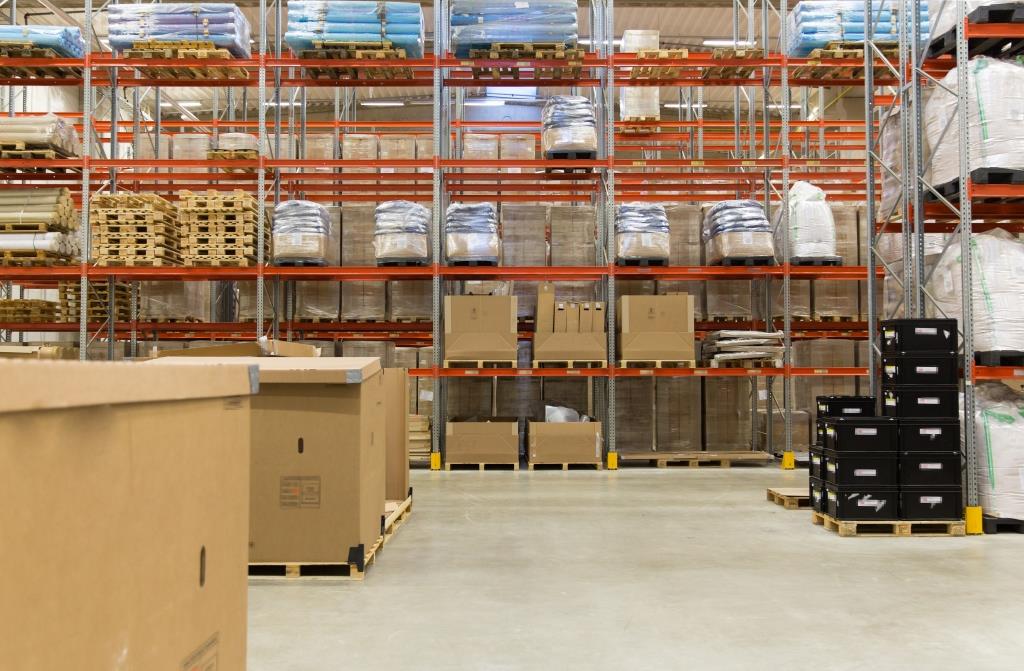
Classification of goods for personal import
There are three levels of goods classification for personal import used by the various Government Ministries.
1. Level A: goods that are not subject to any conditions for personal import:
Import of goods at this level is exempt from the requirement to furnish a certificate or compliance with any conditions whatsoever in order to clear the goods from customs, apart from the consumer’s declaration at the time of receipt of the goods to the effect that the goods are for personal or family use only and are not intended for supply, manufacture or provision of services.
2. Level B: a declaration is required at the time of receipt of the goods:
For personal import of goods at this level, a declaration will be required at the time of receipt of the goods to the effect that the consumer is aware that the product has not been tested by the competent authority.
The consumer will not be required to declare the product’s compliance with the conditions defined by the competent authority.
3. Level C: conditions exist for clearance of the goods from customs:
Goods that the competent authority has determined are liable to harm public security, or personal safety or health.
As a condition for clearance of these goods from customs, the competent authority will require performance of one of the following:
- Inspection of documents pertaining to the goods
- Physical testing of the goods
At the end of the test, the competent authority will decide whether the goods can be cleared from customs.
The consumer is not charged for such testing, but should the consumer so choose, it may have the goods tested by a laboratory accredited by the Israel Laboratory Accreditation Authority or any other entity that is a member of ILAC (International Laboratory Accreditation Cooperation).
More related articles...


Houthi involvement in the 2023 Israel–Hamas war
In the midst of the 2023 conflict between Israel and Hamas, the Houthi movement in Yemen, aligned with Hamas, launched attacks targeting Israel. They employed missiles and Unmanned aerial vehicles (UAVs),


Iran says MSC Aries vessel seized for ‘violating maritime laws’
DUBAI, April 15 (Reuters) – A Portuguese-flagged container ship, the MSC Aries, was seized by Iran on April 13 for “violating maritime laws”, Iran’s foreign


Shipping and importing products from China to Israel
In the vast landscape of global trade, there exists a bridge connecting two distant lands—one adorned with the intricate tapestry of ancient traditions, the other


The impact of trade agreements on global trade dynamics
In the intricate web of global commerce, trade agreements serve as the invisible threads that bind economies together, shaping the very fabric of international trade


Unlocking Success: The Power of International Trade in Today’s Market
In a world where borders are becoming more blurred than ever before, one cannot underestimate the colossal impact of international trade on shaping the global


TIR (Transports Internationaux Routiers, International Road Transport)
With over 66 countries using the procedure, the TIR system is the international customs transit system with the widest geographical coverage. Because the TIR Convention
















